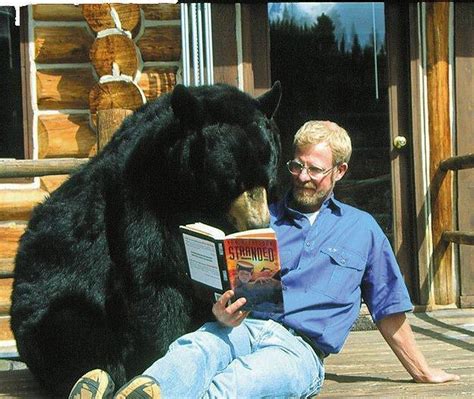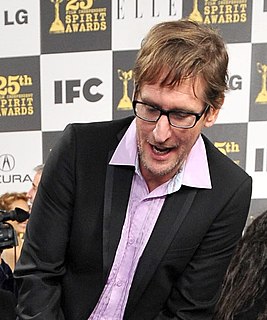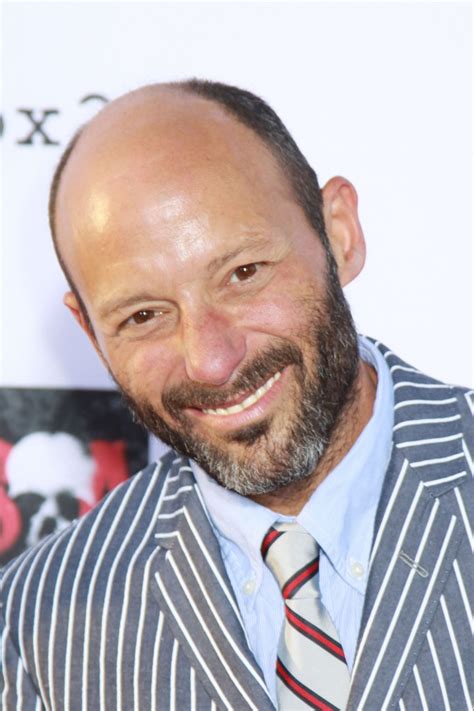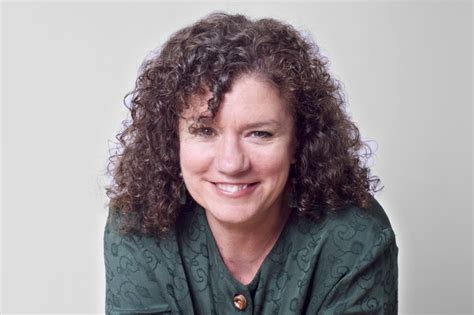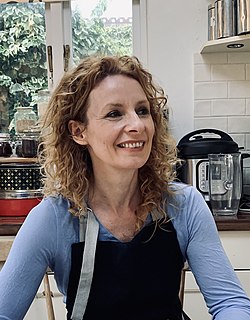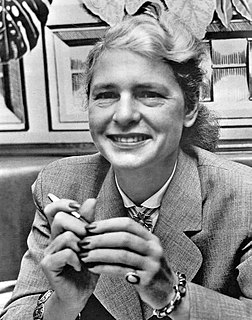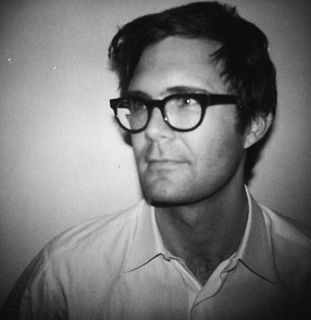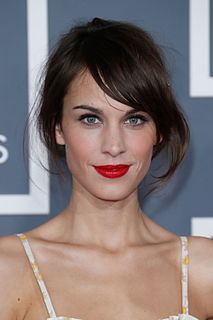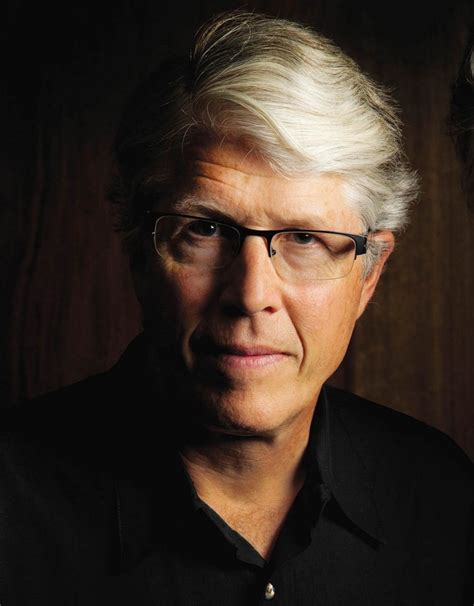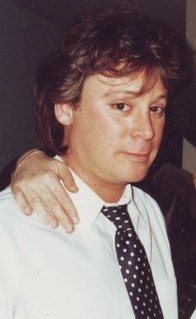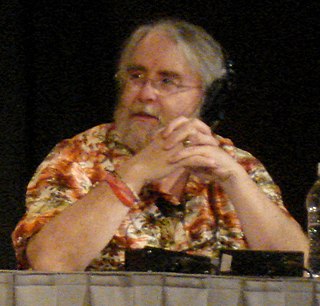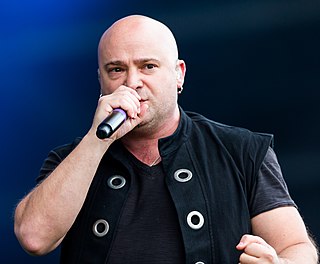Top 1200 Essay Writing Quotes & Sayings - Page 17
Explore popular Essay Writing quotes.
Last updated on December 2, 2024.
Writing is like wrestling; you are wrestling with ideas and with the story. There is a lot of energy required. At the same time, it is exciting. So it is both difficult and easy. What you must accept is that your life is not going to be the same while you are writing. I have said in the kind of exaggerated manner of writers and prophets that writing, for me, is like receiving a term of imprisonment-you know that's what you're in for, for whatever time it takes.
I am careful about fiction. A novel is not a tract or an essay. If I want to write about land reforms, or Hindu-Muslim relations, or position of women, I can do it as it affects my characters as in 'A Suitable Boy.' I could only write about issues specifically through essays. But I'll do that only if I have something worthwhile to say.
The written word is weak. Many people prefer life to it. Life gets your blood going, & it smells good. Writing is mere writing, literature is mere. It appeals only to the subtlest senses—the imagination’s vision, & the imagination’s hearing—& the moral sense, & the intellect. This writing that you do, that so thrills you, that so rocks & exhilarates you, as if you were dancing next to the band, is barely audible to anyone else.
The essay community should have hundreds of anthologies from hundreds of different perspectives that are constantly introducing us to new writers, new work, and new visions for our genre. The whole spirit of these anthologies is that there should never be a last word in how essays are interpreted or what they can be.
I picked such seemingly disparate essays, I thought it was important to say what was the guiding principle in the selection rather than focus on any one essay. I reached for some principle that had been subconscious in me and lifted it into consciousness. Authenticity and sincerity were the most important unifying principles of all these apparently different essays.
The story goes that every Jedi constructs his own lightsaber, and every penmonkey constructs his own pen. Meaning, we all find our own way through this crazy tangle of possibility. This isn't an art, a craft, a career, or an obsession that comes with easy answers and isn't given over to bullshit dichotomies. We do what we do in the way we do it and hope it's right. Read advice. Weigh it in your hand and determine its value. But at the end of the day - and at the start of it - what you should be doing is writing. Because thinking about writing and talking about writing just plain isn't writing.
The great American food writer M. F. K. Fisher once wrote an essay called 'The Anatomy of a Recipe.' To have a good anatomy, in her view, a recipe should have a sense of logical progression. She despaired of recipes with 'anatomical faults,' where the reader is told to make a cake batter and only then to grease the loaf pans.
Simply put, meta-writing is writing that is self-conscious, self-reflective, and aware of itself as an artifice. The writer is aware she's writing, and she's aware there's a reader, which goes all the way back to Montaigne's often-used address "dear reader," or his brief introduction to Essais: "To the Reader." It can be done in a myriad of ways.
The relevant features of scientific practice often have mundane explanations which don't point to any deep metaphysical moral. (Thus it would simply be messy and pointless for the chemists to essay physical reductions, or for the biologists to offer number-free explanations. It's a weird kind of science-worship that views these practical considerations as clues to the nature of reality.)
Ever since high school I've been writing in a spiral notebook, in pencil. Everything looks too polished on a computer when you start writing, and I can't really see it. I feel like the words are much more naked in pencil, on a notebook. I feel that my brain works differently, and words come out differently, if I have a pencil in my hand, rather than if I have a keyboard. I tend to add more in the margins. I tend to elongate the sentences as I'm writing and editing, and there is just something about the feeling of writing longhand that I really love.
I believe that a work of art, like metaphors in language, can ask the most serious, difficult questions in a way which really makes the readers answer for themselves; that the work of art far more than an essay or a tract involves the reader, challenges him directly and brings him into the argument.
I wanted to be a director first to protect my writing. I'm a playwright and you don't need to protect your writing when you're in the theater because everyone's there to protect the writing. When I had an idea for a film that I really cared about as my own, I wanted to direct it, and then I immediately became interested in directing in and of itself because it's such a deep art. You suddenly have all these tools at your disposal to tell the story.
Writing is so... I don't know, it's such a practice, and I feel very unpracticed in it, because I'm not doing it every day. And I really need to do it every day. In other words, you spend all this time writing a movie, and then you stop, and then you're shooting the movie, and then you're cutting, and a year and a half goes by, because in the editing room, you're not writing.
The key to good worldbuilding is leaving out most of what you create. You, as the author, had damn well better know the where all that dragon food comes from, but that doesn't mean that I, as a reader, want to read a five thousand word essay about you explaining it to me. I don't need to see the math, but I can tell by the details you provide whether or not you've thought these things through to their logical conclusions.

